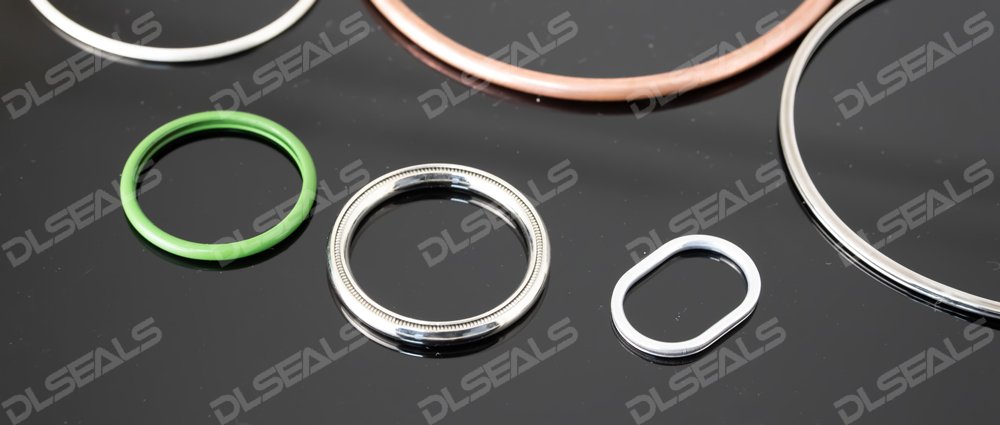In the quest for sustainable engineering practices, every component of a system plays a crucial role. Among these, metal seals stand out for their contribution to durability, efficiency, and environmental responsibility. This article explores how metal seals enhance sustainability in engineering, highlighting their benefits and applications in various industries.
1. Durability and Longevity
Metal seals are renowned for their exceptional durability. Unlike rubber or plastic seals, metal seals are resistant to extreme temperatures, high pressures, and aggressive chemicals. This longevity reduces the need for frequent replacements, which translates to fewer resources spent on manufacturing, transportation, and disposal. By extending the service life of equipment, metal seals support sustainable practices by minimizing waste and resource consumption.
2. Reduced Maintenance and Downtime
One of the key advantages of metal seals is their low maintenance requirement. Their robust nature minimizes the likelihood of failures and leaks, which can lead to costly downtime and operational disruptions. In industries such as aerospace, automotive, and energy, where reliability is paramount, metal seals help ensure smooth operations and reduce the environmental impact associated with maintenance activities.
3. Enhanced Efficiency
Metal seals contribute to the efficiency of mechanical systems by providing a superior seal that prevents leakage of fluids or gases. This efficiency not only improves the performance of the equipment but also reduces energy losses. In applications like hydraulic systems or high-pressure environments, effective sealing means less energy is wasted, leading to a more sustainable operation.
4. Eco-Friendly Materials
Modern metal seals are often made from recyclable materials such as stainless steel or other alloys. The use of recyclable materials supports the principles of a circular economy, where products and materials are reused, recycled, or recovered to reduce environmental impact. By incorporating eco-friendly materials, metal seals contribute to reducing the ecological footprint of engineering projects.
5. Compliance with Environmental Regulations
Many industries are subject to stringent environmental regulations aimed at reducing emissions and waste. Metal seals, with their ability to maintain integrity in challenging conditions, help companies comply with these regulations. For instance, in the oil and gas sector, metal seals ensure the containment of hazardous substances, preventing leaks and minimizing environmental contamination.
6. Applications in Green Technologies
Metal seals are increasingly used in green technologies, such as renewable energy systems and electric vehicles. In wind turbines, for example, metal seals are employed to protect critical components from the elements, ensuring long-term performance and reliability. Similarly, in electric vehicles, metal seals help manage thermal and pressure conditions, contributing to the overall efficiency and sustainability of the vehicle.
Conclusion
Metal seals are a vital component in the drive towards sustainable engineering practices. Their durability, efficiency, and eco-friendly attributes make them an excellent choice for a wide range of applications. By reducing maintenance needs, extending the lifespan of equipment, and supporting compliance with environmental regulations, metal seals play a significant role in advancing sustainability in engineering. As industries continue to focus on minimizing their environmental impact, the role of metal seals in promoting sustainability will undoubtedly become even more prominent.
Post time: Aug-09-2024

